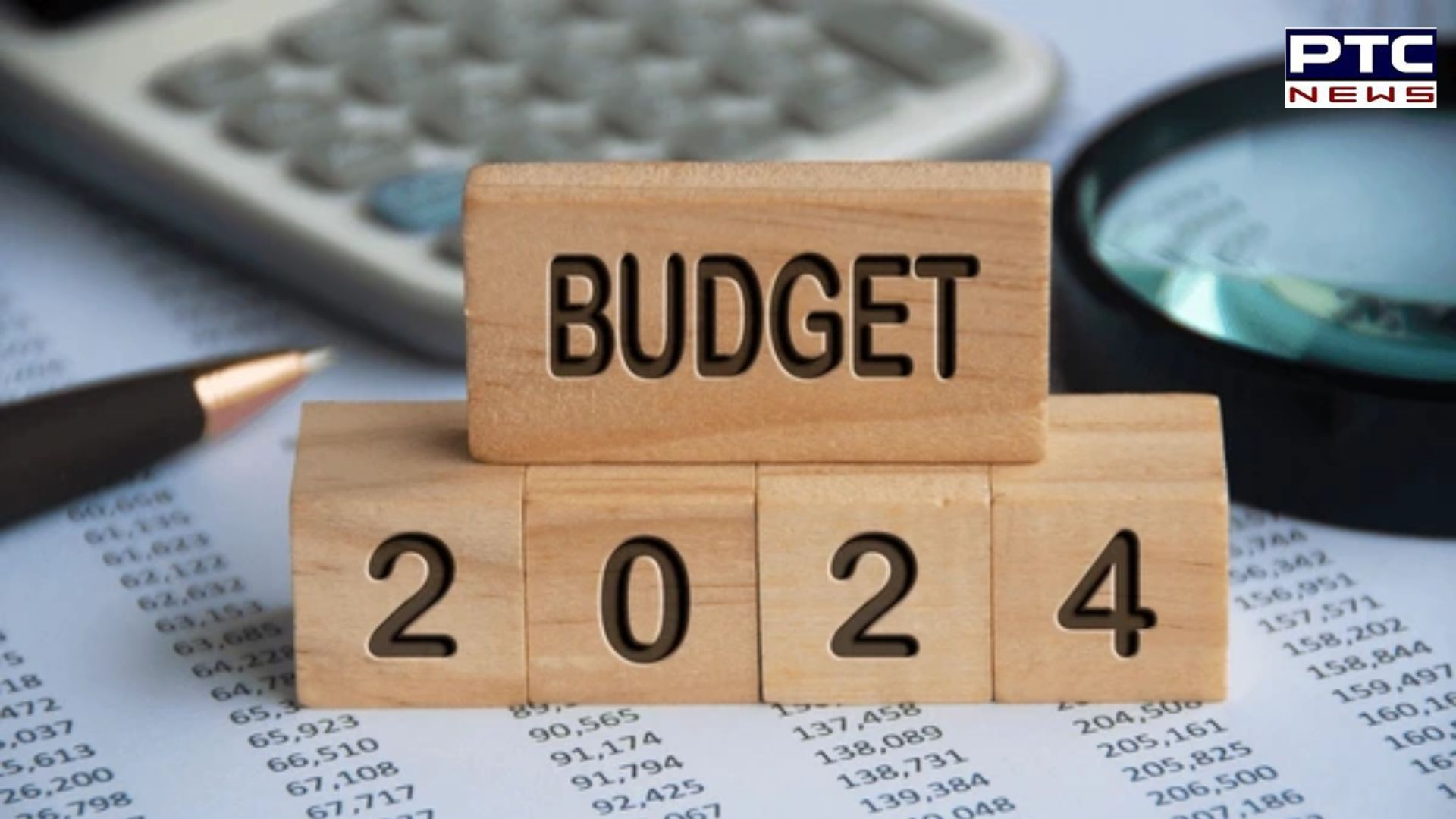

Interim Budget 2024: Here are Key terms you should know ahead of announcement
Interim Budget 2024: Finance Minister Nirmala Sitharaman will present an interim budget on February 1, with Lok Sabha Elections scheduled for April-May. The new government will present a full budget for the fiscal year 2024-25 (Union Budget 2024) following the Lok Sabha elections.
The budget is expected to address a variety of financial indicators, including inflation, fiscal deficit, capital expenditure, revenue receipts, bad loans, and more.
The Finance Minister releases the Economic Survey one day before the Union Budget. The Economic Survey presents an overview of economic performance and key macroeconomic indicators.
Article 112 of India's Constitution requires the central government to present to Parliament an annual financial statement of estimated receipts and expenditures for each fiscal year. This document is usually divided into three sections: Consolidated Fund, Contingency Fund, and Public Account.
Also Read | Indian students avoid Canada amid diplomatic row, minister reports 86% decline
Inflation refers to the rate at which goods and services in an economy rise over time. Rising inflation devalues the country's currency and reduces purchasing power.
Divestment is the sale of existing assets, whereas capital expenditure (capex) refers to funds spent by the government on physical asset acquisition, maintenance, or upgrades. Customs duty is a tax levied on imported or exported goods, whereas the Goods and Services Tax (GST) is administered by the GST Council and not included in the budget.
Also Read: Noida shivers: 10 vehicles pile up due to dense fog, 4 injured
A revenue deficit occurs when the government's net income falls short of expectations, whereas a revenue surplus does the opposite. Plan and non-plan expenditures include budget estimates derived from stakeholder discussions, with non-plan expenses involving significant government budgetary spending, such as debt servicing, defence, and interest payments.
The fiscal deficit is the difference between the government's total expenditures and revenue receipts during a fiscal year. To close this gap, the government has implemented a number of measures, including borrowing funds from the Reserve Bank of India (RBI).
Also Read | Airport havoc: 300 flights cancelled, 40,000 passengers affected
GDP, one of the most commonly used macroeconomic indicators, is a useful tool for assessing an economy's performance. It is the total value of a country's domestically produced consumer goods and services over a given time period.
The Income Tax regime specifies tax slabs and rates. In fiscal year 2020-21, the Finance Minister introduced an optional simplified income tax regime known as the New Tax Regime. Under the New Tax Regime, the government reduced tax rates for various income levels.
-
